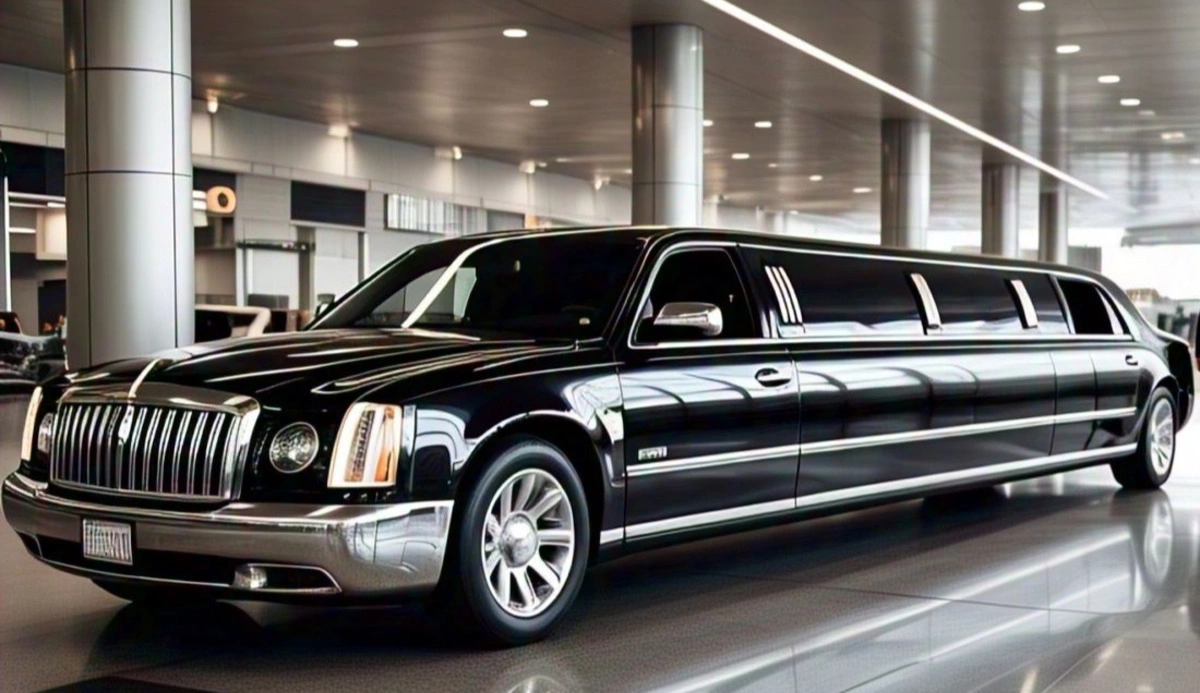“Car service transportation” is the umbrella word for a variety of expert services intended to make people’s mobility easier. This phrase encapsulates a broad spectrum of services and solutions designed to facilitate the movement of people and goods. Car services have changed significantly to meet a variety of demands in a world that is changing quickly. They are for public services, company operations, or personal convenience.
Types of Car Service Transportation
Ride-Hailing Services
Apps like Uber, Lyft, and Grab have made ride-hailing a dominant force in urban mobility. These are characterized by their convenience, affordability, and flexibility. Real-time car tracking, digital payment, and ride booking are all possible with a few clicks on a smartphone.
Chauffeured and Limousine Services
For those seeking luxury or personalized services, chauffeured cars and limousines offer unparalleled comfort. These services, which prioritize professionalism, secrecy, and elegance, are frequently utilized for business gatherings, proms, and weddings.
Auto Rentals
Rental services provide vehicles for temporary use, often catering to tourists, business travelers, or those needing specialized vehicles. Cars can be rented by the hour, day, or week from companies like Zipcar and Enterprise.
Shuttle and Group Transportation
Shuttle caters to group transportation needs, such as airport transfers, corporate commutes, or event shuttles. These services, which prioritize efficiency and shared costs, frequently make use of buses, vans, or minibusses.
Delivery and Logistics Services
With the boom in e-commerce, logistics-focused limo service vehicles have expanded rapidly. To guarantee on-time delivery, businesses like FedEx, Amazon, and local delivery platforms depend on fleets of automobiles.

Economic Impact of Car Service Transportation
Job Creation
From drivers and mechanics to software developers and customer service representatives, the industry creates millions of jobs worldwide. Ride-hailing platforms, in particular, have provided income opportunities for individuals who might not fit into traditional employment models.
Boost to Tourism and Hospitality
It plays a vital role in the tourism sector by providing convenient travel options for visitors. Luxury rentals, city tours, and airport transfers all improve the visitor experience while boosting local businesses.
Urban Mobility Solutions
It often fills gaps in public systems, offering last-mile connectivity and flexible travel options. This can indirectly boost economic productivity by reducing commute times and improving access to job opportunities.
Revenue Generation
It industry generates substantial revenue through fares, advertisements, and partnerships. Taxes and licensing fees also benefit governments.
Sustainability in Car Service
Practices and technologies that reduce environmental harm while maintaining economic feasibility and social fairness are influenced by transportation. Regular vehicles depend a lot on fossil fuels for this field to contribute significantly to greenhouse gas output. To tackle this issue, eco-friendly methods are making their way into services like ride-hailing limo rentals, and shuttle systems. The shift to electric and hybrid cars is a key part of going green in this area.
Electric vehicles drastically reduce emissions because they use clean power sources. Thanks to new tech breakthroughs and helpful government rules, they’re becoming easier to obtain. Ride-hailing companies like Uber and Lyft have committed to incorporating more EVs into their fleets, making sustainable transportation options more widely available. Another important aspect is optimizing operational efficiency. They are utilizing data analytics and artificial intelligence to enhance route planning, cut down on idle time, and save fuel.
where multiple passengers share a ride, also contributes to sustainability by reducing the number of vehicles on the road and overall emissions per passenger. The integration of renewable energy sources into limo service operations further enhances sustainability. Businesses use solar or wind energy to power their charging stations, making the environment more environmentally friendly for EV fleets. In terms of society, sustainability encompasses fair access. Effective and reasonably priced car services lessen reliance on private vehicles, especially in cities where public transportation may not reach every neighborhood.
Conclusion
The car service industry has grown from where it started turning into a complex field that affects almost every part of our lives today. It stays important because it can change to meet new needs and use new tech. The industry faces issues like rules, rivals, and being eco-friendly. But its focus on new ideas and putting customers first points to a good future ahead. Western Limo





